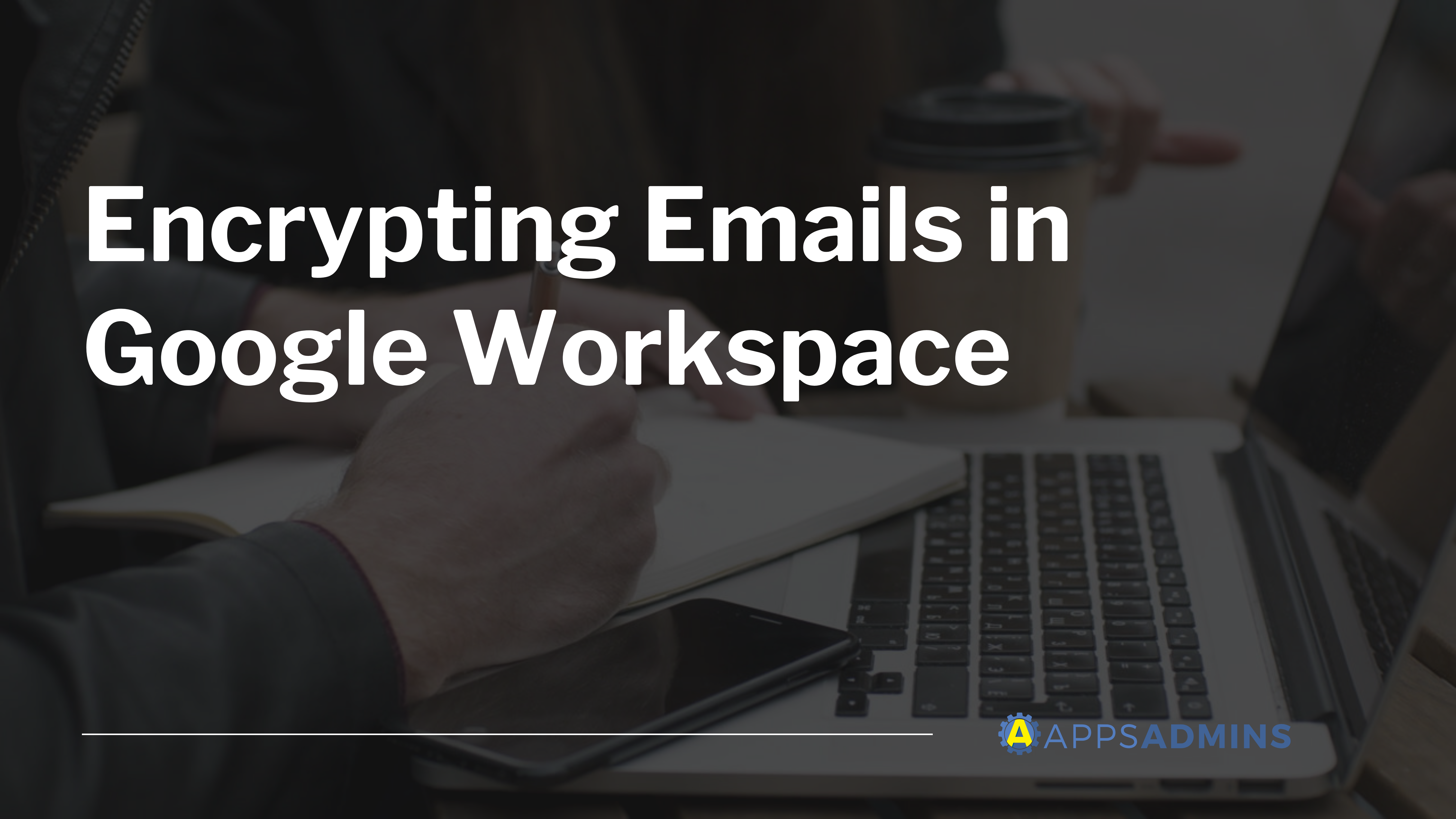G Suite Business Free for 30 Days
Sign up for a Free 30 Day Trial of G Suite Business and get Free Admin support from Google Certified Deployment Specialists.

 Businesses of different sizes are migrating to the cloud to take advantage of superior collaboration and communication tools. However, traditional computers are not ideal for working in the cloud. Chromebooks, on the other hand, provide an awesome solution for IT departments looking to leverage cloud technology to reduce maintenance and security costs.
Businesses of different sizes are migrating to the cloud to take advantage of superior collaboration and communication tools. However, traditional computers are not ideal for working in the cloud. Chromebooks, on the other hand, provide an awesome solution for IT departments looking to leverage cloud technology to reduce maintenance and security costs.
The devices merge desktop computing and mobile experiences to create an affordable, flexible and smart new computing alternative. Google introduced the Chromebook in May 2011 as a lightweight OS depending mostly on device management for provisioning and capability. Microsoft recently announced the Surface "Cloudbook", a product at first glance, to rival the Chromebook but there's more to Chromebook than low cost, security and ease of use.
Gartner called it back in 2015 when Isabelle Durand, principal analyst, said "Chromebooks will become a valid device choice for employees as enterprises seek to provide simple, secure, low-cost and easy-to-manage access to new web applications and legacy systems, unless a specific application forces a Windows decision."
Today's Chrome devices remain simple, secure, low-cost and easy to manage. Since that time, however, we've seen that running legacy or specific applications in Windows is easily acheived through remote desktop or Citrix. VMware has additionaly grown its offerings in a significant manner, just increasing that partnership with Google to bring Chrome OS management to Workspace One.
And look at this Headline from PC World. Google's come out with a plethora of announcements and partnerships that prove its enterprise worthiness and Chrome devices are one area that is sure to have a postive impact on Enterprise IT Department workload and Worry-load.
"Chromebook shipments surge by 38 percent, cutting into Windows 10 PCs
Chromebook shipments will grow by a healthy 16.3 percent this year as the device expands outside the education market"
PC World, May 5, 2017
The computers are built for easy mobility thanks to the lightweight design. They boot incredibly fast and come with an instant resume feature. In addition, the devices are fitted with batteries capable of lasting the entire workday.
All information stored in a Chromebook is saved directly to the Cloud to ensure easy and secure access from any location. This means your users can gain access to their files, settings and applications from any web-enabled device. In turn, there is no need to migrate data from one computer to another when upgrading your organization's technology
Some of the key benefits of Chromebooks for midsize businesses:
1. Chrome Devices Deliver Secure apps and data out of the Box.
Chromebooks provide midsize enterprises an ultra-secure computer straight out of the box. The devices use multiple layers of software and hardware security mechanisms to prevent attacks. They have a number of built-in features designed to protect your business data.
Data encryption is one of the most effective ways to protect sensitive data. The Chromebook protects a wide variety of files that may be present on the computer using encryption. These include cookies, browser cache files, downloads and files. The rest of the data is stored safely in the cloud.
Your organization can also take advantage of regular automatic updates, which help protect against different types of malware. Doing so ensures that the computer has the latest security fixes and the software is always up-to-date. Security issues can be difficult to manage on traditional computers due to the presence of many software components from various vendors.
Chrome devices maximize protection by ensuring each application and web page runs in a restricted environment. This approach is known as sand boxing. If one application or web page is infected, the malware cannot spread to other resources on the computer. This makes it easier to contain the infection.
Additionally, the device verifies the integrity of all resources at start up using a feature called Verified Boot. It repairs all affected files if a breach is detected.
2. Chrome Device Management is the Key to Happy IT.
With Chrome Device Management, you can manage various settings in one place. These include network, user and device settings. Simple, web-based controls provide a convenient way to set user policies. The controls are applicable to a Chrome device, the Chrome browser or an Android device. The settings determine how your employees can use their Google account on these devices.
You can block or allow extensions and applications. These policies are centrally managed in the cloud.
When it comes to device settings, you can set policies that apply to anyone who signs in to an enrolled Chromebook. This means the policies are also applicable to users who sign in with an external Google account or work in Guest mode.
Centralized management also enables you to manage networks, including virtual private network (VPN), Wi-Fi and Ethernet access. You can control network certificates on all devices that are part of your domain. The same applies to specific sub-organizations enrolled in your domain.
Managing public session devices is a breeze on the Chromebook. The sessions are designed to allow multiple users to share a single computer without the need to sign in.
3. Chrome Devices can quickly and easily be Deployed at scale.
Chrome devices can be deployed quickly and easily. They integrate seamlessly with your organization's existing environment. This enables you to deliver the right applications to specific employees or teams. The process does not entail a steep learning curve. The cloud-based central management console provides a simple way to manage Chromebooks and other Chrome devices enrolled in your domain.
You simply obtain the required licenses and proceed to enroll and set up the devices. Some of the applicable licenses include the Chrome device management license and the Single app kiosk Chrome device management license. The former gives your organization access to all the settings and policies. The settings can be configured quickly and easily on the devices.
Single app kiosk license gives you access to settings on all computers running as kiosks. This license is not applicable to public session kiosks.
Chrome Devices can be instantly Provisioned or Re-purposed by OU (Organizational Unit)
By default, sub-organizations inherit the policies and settings of their parent in the hierarchy. The inherited settings can be changed to suit the needs of a specific organizational unit. Move a Chrome device from OU to another to inherit settings.
Buying Chromebooks for Business
Coolhead Tech provides onlines sales of Chrome devices, including the top ten chromebooks for business in our online store for Apps Admins. Apps Admin Shop provides bulk pricing and the ability to add to quote instead of cart. Quotes can be submitted for review and special pricing from a Google Certified Administrator.
The online store for Chrome devices includes a digital signage and Chrome Kiosk collection. G Suite Admins can shop for Chrome licensing and G Suite business licenses as well. The store serves small to mid-size businesses exclusively, with a minimum first customer order of $1,000.
.jpg?width=818&name=appsadmins-svg-rules-1%20(2).jpg)







